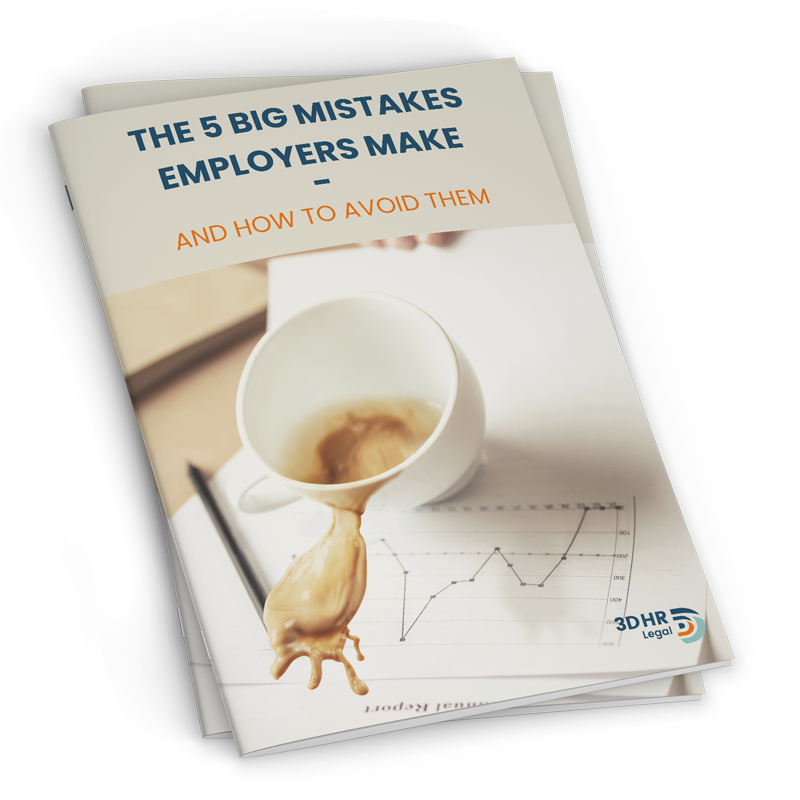As the end of the financial year approaches, it’s a good opportunity to take stock and make sure you are set up and starting the new year on the right foot when it comes to some HR fundamentals.
Here are the top 5 questions we are asking our clients at this time.
1. Have you checked whether your employees will be affected by the minimum wage increase?
On 15 June 2022, the Fair Work Commission released the 2022 wage order giving a minimum wage increase which will take effect on either 1 July 2022 (or 1 October for some awards).
The Federal minimum wage was increased by 5.2% ($40) bringing it to $812.60 per week.
Federal Award wages below $869.60 a week are increasing by $40. Rates above $869.60 will increase by 4.6%.
You must ensure you are paying at least these minimum rates, or you risk underpayment claims and Fair Work Ombudsman prosecution and potential penalties.
2. Have you planned for the superannuation changes?
On 1 July there will be an increase to the superannuation rate, bringing it to 10.5%.
To work out how this affects your business, you need to look at the contract of employment for each individual employee to see whether the contracted rate of remuneration is inclusive of their superannuation or not.
If the remuneration is exclusive of superannuation, you will need to pay the additional 0.5% into the employee’s superannuation account, on top of what you already pay.
If the remuneration is inclusive of superannuation, then there may be a contractual right to deduct the additional superannuation payment from what is currently the employee’s existing base salary. In this situation it results in the employee receiving less in the hand each week, and potentially feeling they’ve had a pay cut.
If you’re unsure or want help to know how to message this with employees to avoid discontent, get in touch with us.
3. Have you got the latest version of the Fair Work Information Statement?
All federal system employers are required by law to issue employees with a copy of the Fair Work Information Statement. This is updated every financial year and there is a separate one for casuals! Make sure the one you are providing is up-to-date. Don’t rely on saved copies on your desktop.
4. Are any of your casual employees coming up to their “12-month anniversary”?
If so, you may need to make a written offer to convert the casual employee to permanent employment (if certain conditions are met). If you don’t make an offer when required, your business may be subject to claims for breach of the relevant award or National Employment Standards.
5. Have you reviewed your contracts?
Each year you should review your contracts of employment – and this year it is particularly important to also review any independent contractor agreements.
In your employment contracts, make sure they are up-to-date with the employee’s existing arrangement (e.g. current position, new arrangements re flex work and covid shutdowns etc).
As for contractor agreements, the High Court issued two important decisions in March 2022 which made it clear that the primary factor used to determine if a person is an employee or independent contractor, is their written contract (where one exists). There is no longer the same emphasis on the “reality” of the relationship. So businesses need to make sure those contracts accurately reflect the nature of the relationship to reduce the risk of them being challenged (with claims for annual/ personal leave or superannuation) at a later date.
HR is definitely not set and forget. Do your business a favour and take an hour to get set for the new financial year and save yourself from legal trouble. If you require help with any HR queries, get in touch with us here.


Recent Comments